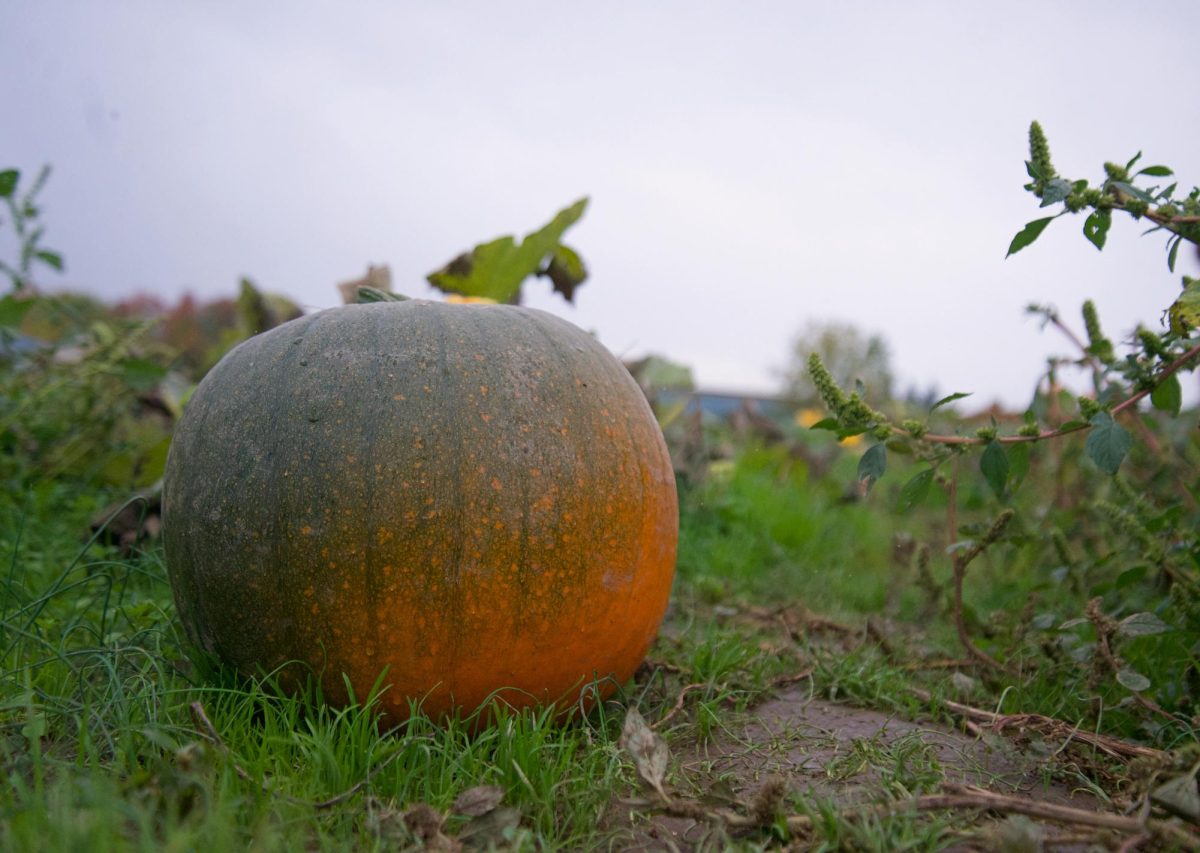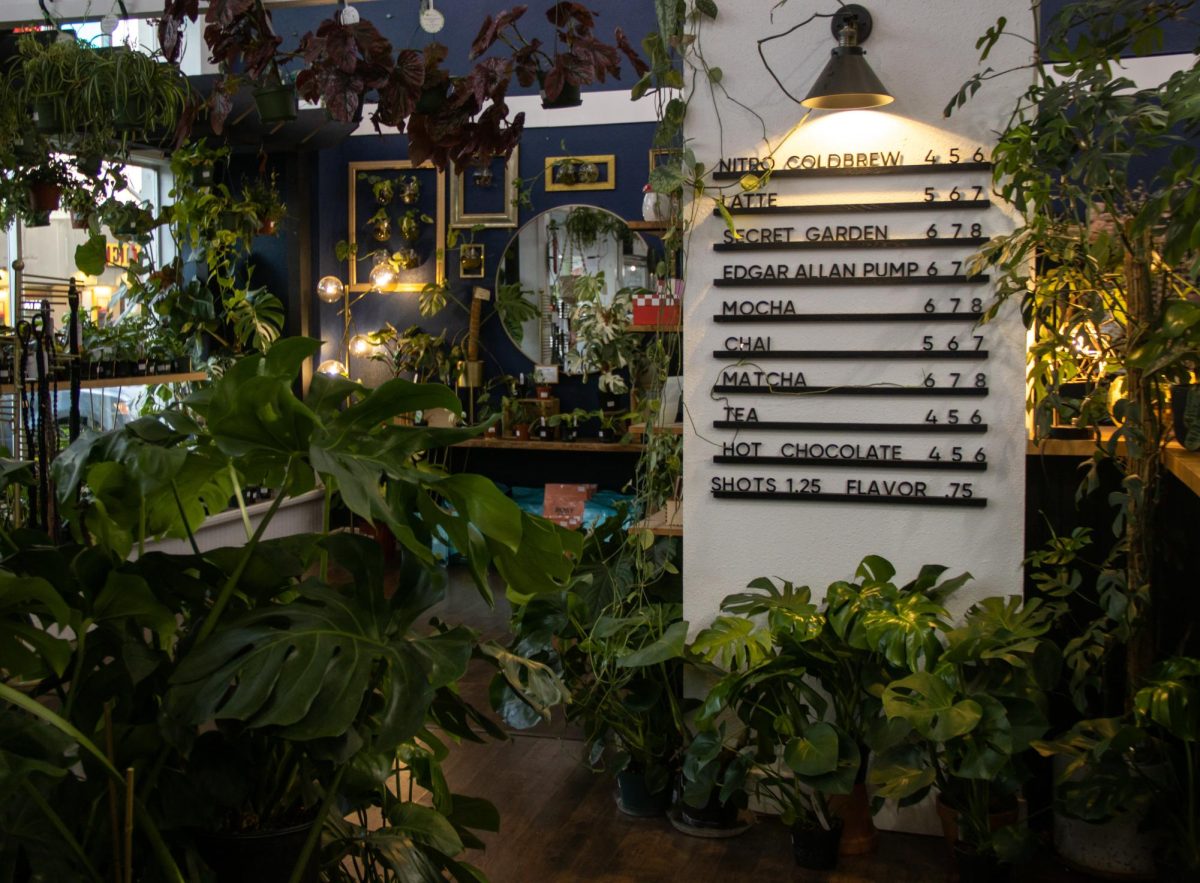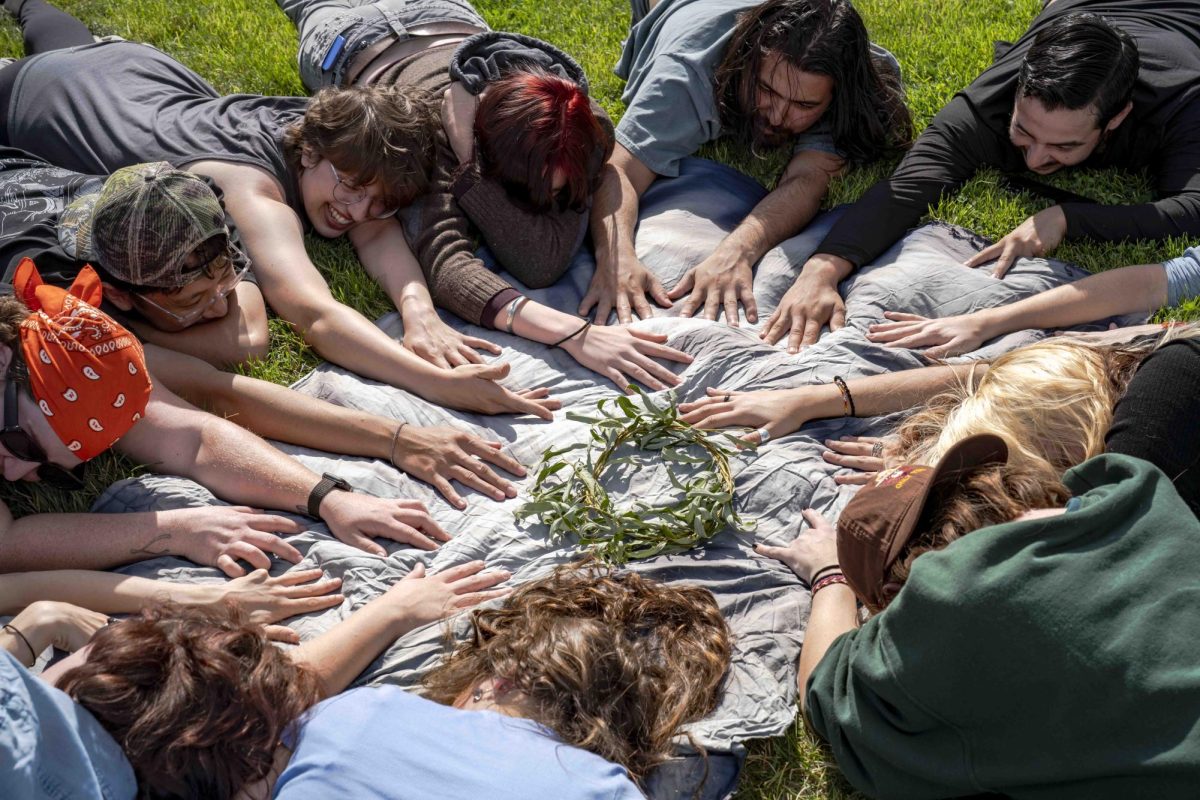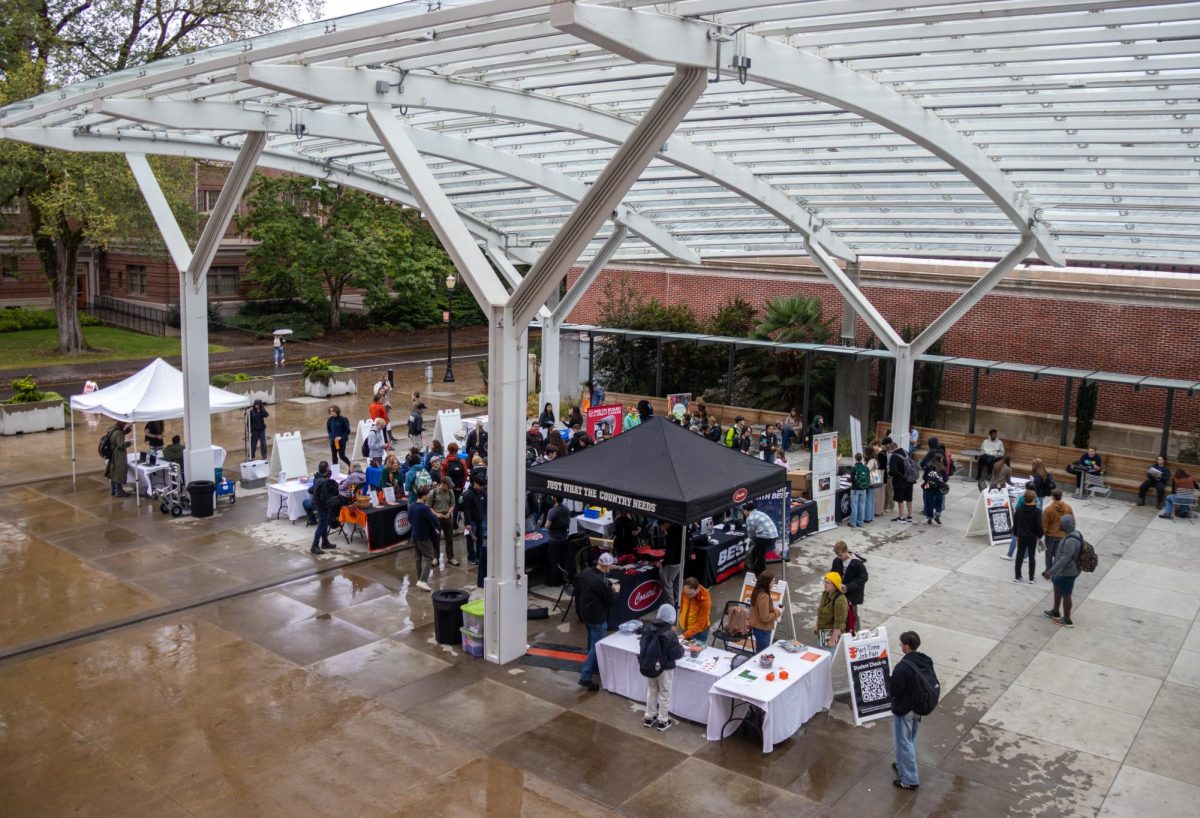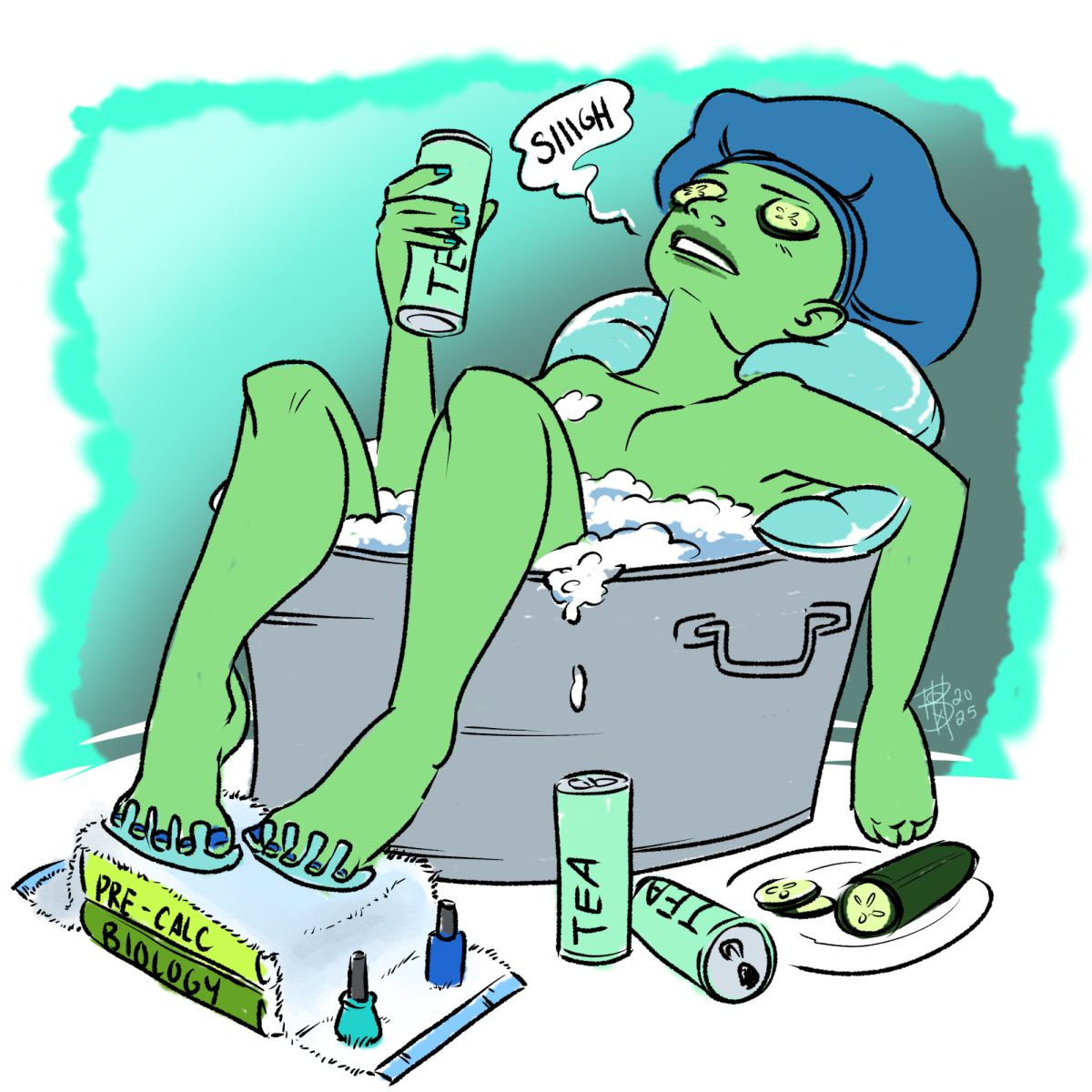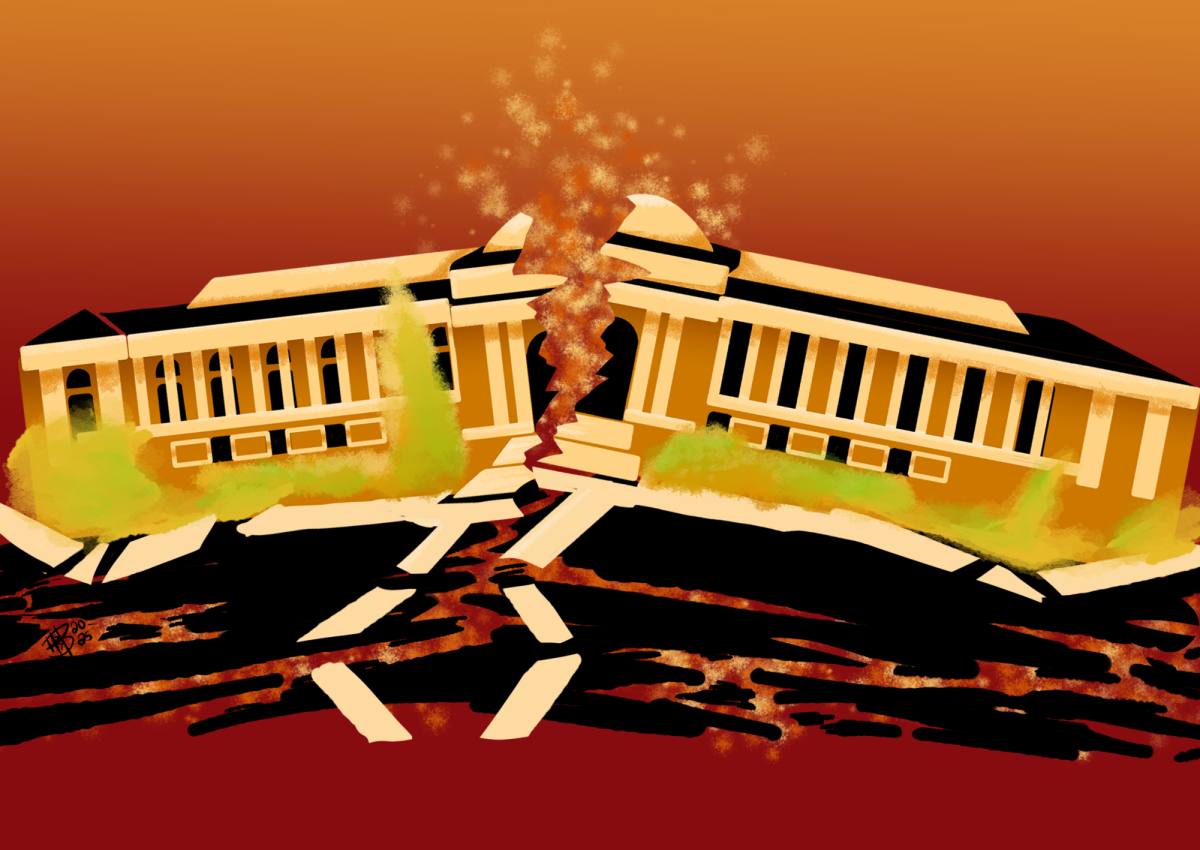Halloween’s pagan roots have led to a variety of interpretations across religions, however, it is now recognized by different religious groups as an American cultural practice more than anything else.
Previously known as All-Hallows-Eve, Associate Director of the Religious Studies Program Eliza Barstow, explained how “there was a certain period of time, basically around what we now think of as Halloween, like Oct. 31(ish), that this veil was thinner between the dead and the living.”
Through the Catholic Church, All Souls Day emerged as the day after All Hallows Eve, a certain reverence for the dead, in hopes that soon people would convert to Catholicism and slowly lose pagan practices, which of course did not happen, so they did both, Barstow explained
“With immigration to the U.S., when people came over, it just became much more focused on the All-Hallows Eve, the night before,” Barstow said.
Due to its roots in the pagan belief system, many religions do not celebrate Halloween.
For numerous Evangelical Christians, “it’s concerns about connection with the occult, maybe to Satan, to demons,” is what stops them from partaking in the holiday, Barstow said.
As Rabbi Phil Bressler from the local Jewish community Beit Am explained there is a split between those of the Jewish faith who celebrate Halloween and those who don’t.
“That split goes back to longstanding Jewish tradition which is grounded in Torah, (which says) that you should avoid participating in non-Jewish, and particularly idolatrous customs and celebrations,” Bressler said.
The President of the Muslim Student Association at OSU, Fatima Rashid, also shares a similar understanding in why Muslims usually do not celebrate Halloween.
“In the Quran, God tells us that there are two holidays that we mainly celebrate in the Muslim religion, they’re called Eid,” Rashid said, “growing up, I never really celebrated Halloween, and that’s just how I was raised, you know.”
However this is not to say the Muslim community completely wrote off Halloween, in some cases, “If the school had a school Halloween party or something you know like some parents would allow their kids to dress up and stuff,” Rashid said, “but when it comes to going to doors and trick-or-treating and stuff, that wouldn’t really be something we’d see.”
Some Evangelicals and fundamentalist Christians partake in alternatives such as Trunk or treating where “they’ve taken out the concerns of ghosts, witches, demons and have still given kids the opportunity to put on costumes and get some candy,” Barstow said.
Similarly, Bressler commented that for many, the prominent issue that the Jewish community has with Halloween is the dark characters of Halloween.
“I would not want my own kids dressing up as violent or terrifying creatures,” Bressler said.
For those in the Jewish community who regard Halloween in a religious aspect, they mostly just ignore it. On the other side, there are Jewish people for whom it’s not a religious thing at all, such as Bressler who chooses to ignore it as a religious thing and has grown up with the tradition around.
“It’s essentially an American Holiday and just good clean fun,” Bressler said.
Rashid too linked Halloween more to a cultural practice rather than a religious one.
“Kind of goes to show that a lot of it is kind of like culture, like American culture,” Rashid said.

